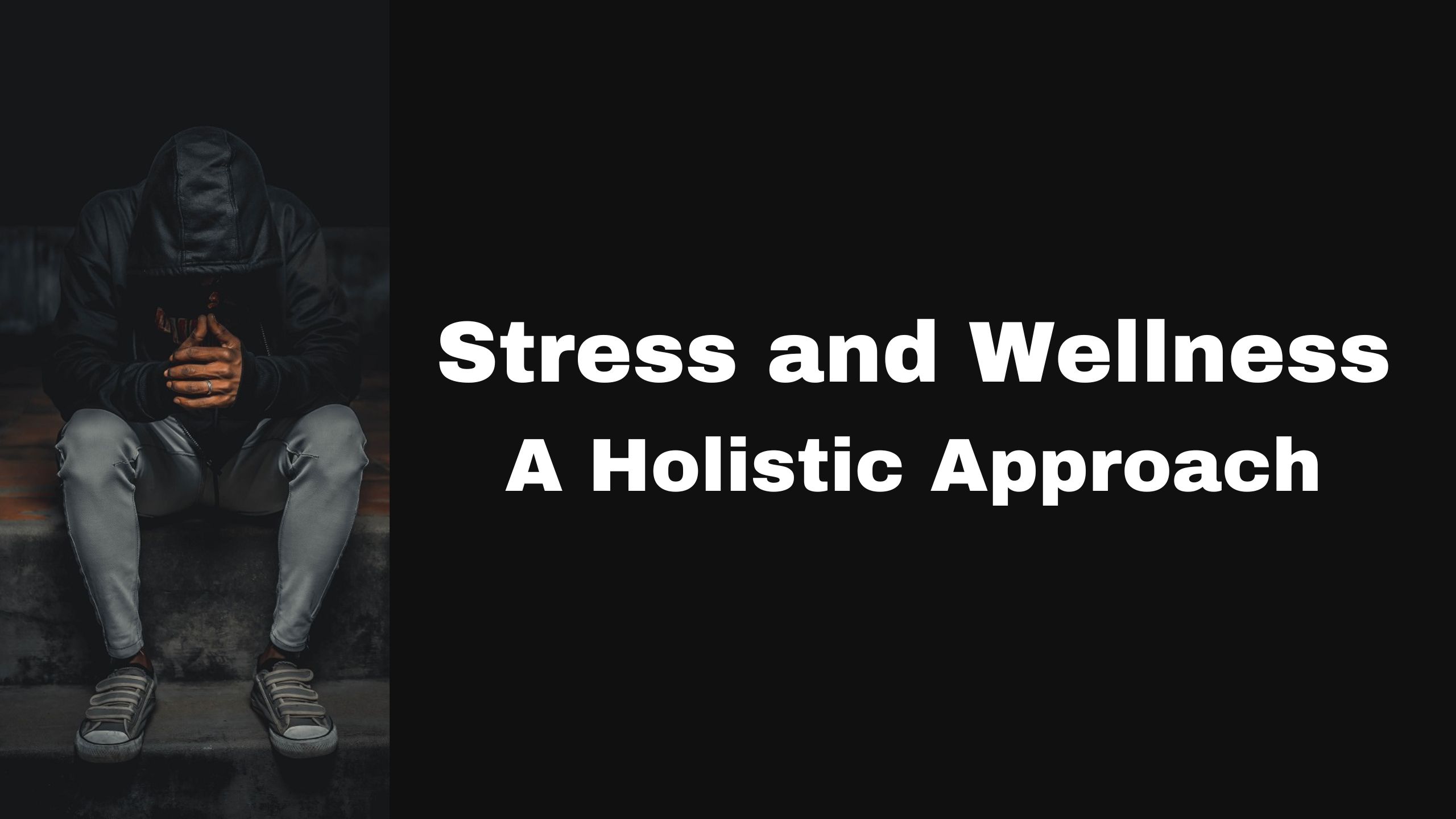Stress and Wellness: A Holistic Approach
Stress is an undeniable part of life, and its effects on our physical, emotional, and mental well-being are well-documented. However, a holistic approach to wellness can help individuals not only manage stress but also enhance their overall quality of life. This article explores the connection between stress and wellness and provides insights into adopting a holistic perspective to nurture well-being.
Understanding Stress and Its Impact
Stress is a natural physiological response to challenging situations, and in moderate amounts, it can be motivating and even beneficial. However, chronic stress, characterized by prolonged exposure to stressors, can have detrimental effects on health and well-being. These effects include:
Physical Health Issues: Chronic stress has been linked to various physical health problems, including heart disease, obesity, and weakened immune function.
Mental Health Challenges: Stress can contribute to the development or exacerbation of mental health conditions like anxiety and depression.
Emotional Distress: Prolonged stress can lead to emotional distress, manifesting as irritability, mood swings, and a reduced ability to cope with daily challenges.
Impaired Cognitive Function: Chronic stress can impair cognitive function, affecting memory, concentration, and decision-making abilities.
Disrupted Relationships: High levels of stress can strain relationships, as individuals may become less patient and more prone to conflicts.
A Holistic Approach to Wellness
Holistic wellness recognizes that well-being is not solely defined by the absence of illness but is a complex interplay of physical, emotional, mental, and spiritual factors. By addressing all these aspects, individuals can enhance their resilience to stress and promote overall health and happiness. Here’s how a holistic approach can help manage stress:
Physical Wellness: Prioritize physical health through regular exercise, a balanced diet, and adequate sleep. Physical well-being is closely linked to stress resilience.
Emotional Wellness: Develop emotional intelligence by acknowledging and managing emotions effectively. Techniques like mindfulness and meditation can help regulate emotions and reduce stress.
Mental Wellness: Cultivate mental resilience through positive self-talk, stress management techniques, and regular mental exercises like puzzles or meditation.
Social Wellness: Foster positive social connections and relationships. Social support can be a potent buffer against stress.
Spiritual Wellness: Explore your sense of purpose and connection to something greater than yourself. Spiritual practices, whether religious or not, can provide solace and meaning.
Practical Strategies for Holistic Wellness
Mindfulness and Meditation: Practice mindfulness to stay present and reduce stress. Meditation can also be a powerful tool for calming the mind.
Regular Exercise: Engage in physical activities you enjoy to boost mood and reduce stress. Exercise releases endorphins, which are natural mood enhancers.
Healthy Diet: Consume a balanced diet rich in fruits, vegetables, lean proteins, and whole grains to support physical and emotional well-being.
Adequate Sleep: Prioritize sleep to allow your body and mind to rejuvenate. Lack of sleep can exacerbate stress.
Stress Management Techniques: Learn and practice stress management techniques like deep breathing, progressive muscle relaxation, or yoga.
Seek Professional Help: If stress becomes overwhelming, don’t hesitate to seek support from a therapist, counselor, or healthcare professional.
Conclusion
Stress is a universal experience, but its impact on well-being can be mitigated through a holistic approach to wellness. By addressing physical, emotional, mental, social, and spiritual aspects of well-being, individuals can not only manage stress effectively but also nurture a more fulfilling and resilient life. Remember that holistic wellness is a journey, and it requires ongoing effort and self-care. Embrace the opportunity to enhance your well-being and reduce the negative impact of stress on your life through a holistic approach.

